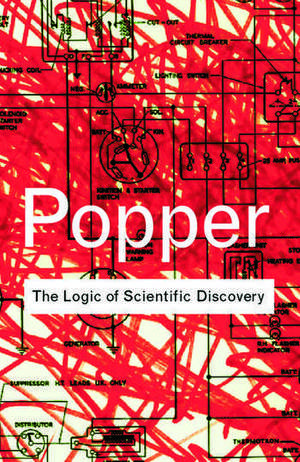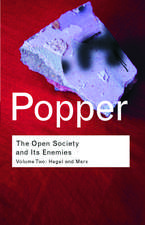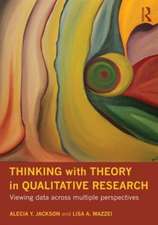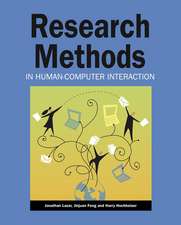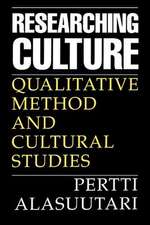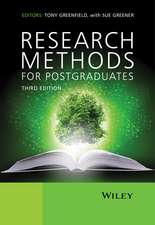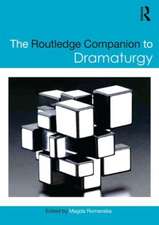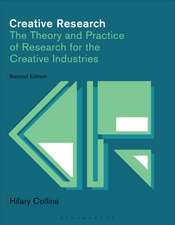The Logic of Scientific Discovery
Autor Karl Popperen Limba Engleză Paperback – 21 feb 2002
| Toate formatele și edițiile | Preț | Express |
|---|---|---|
| Paperback (1) | 148.27 lei 3-5 săpt. | +25.56 lei 6-12 zile |
| Taylor & Francis – 21 feb 2002 | 148.27 lei 3-5 săpt. | +25.56 lei 6-12 zile |
| Hardback (1) | 861.84 lei 6-8 săpt. | |
| Taylor & Francis – 21 feb 2002 | 861.84 lei 6-8 săpt. |
Preț: 148.27 lei
Nou
Puncte Express: 222
Preț estimativ în valută:
28.37€ • 29.62$ • 23.48£
28.37€ • 29.62$ • 23.48£
Carte disponibilă
Livrare economică 14-28 martie
Livrare express 27 februarie-05 martie pentru 35.55 lei
Preluare comenzi: 021 569.72.76
Specificații
ISBN-13: 9780415278447
ISBN-10: 0415278449
Pagini: 544
Ilustrații: Facsimiles.
Dimensiuni: 129 x 198 x 40 mm
Greutate: 0.62 kg
Ediția:Revizuită
Editura: Taylor & Francis
Colecția Routledge
Locul publicării:Oxford, United Kingdom
ISBN-10: 0415278449
Pagini: 544
Ilustrații: Facsimiles.
Dimensiuni: 129 x 198 x 40 mm
Greutate: 0.62 kg
Ediția:Revizuită
Editura: Taylor & Francis
Colecția Routledge
Locul publicării:Oxford, United Kingdom
Public țintă
General, Postgraduate, and Undergraduate CoreRecenzii
'One of the most important documents of the twentieth century.' ߝ Peter Medawar, New Scientist
Cuprins
PART I Introduction to the Logic of Science 1 A Survey of Some Fundamental Problems 2 On the Problem of a Theory of Scientific Method PART II Some Structural Components of a Theory of Experience 3 Theories 4 Falsifiability 5 The Problem of the Empirical Basis 6 Degrees of Testability 7 Simplicity 41 Elimination of the Aesthetic and the Pragmatic Concepts of Simplicity 8 Probability 9 Some Observations on Quantum Theory 10 Corroboration, or How a Theory Stands up to Tests
Descriere
Described by the philosopher A.J. Ayer as a work of 'great originality and power', this book revolutionized contemporary thinking on science and knowledge. Ideas such as the now legendary doctrine of 'falsificationism' electrified the scientific community, influencing even working scientists, as well as post-war philosophy. This astonishing work ranks alongside The Open Society and Its Enemies as one of Popper's most enduring books and contains insights and arguments that demand to be read to this day.
